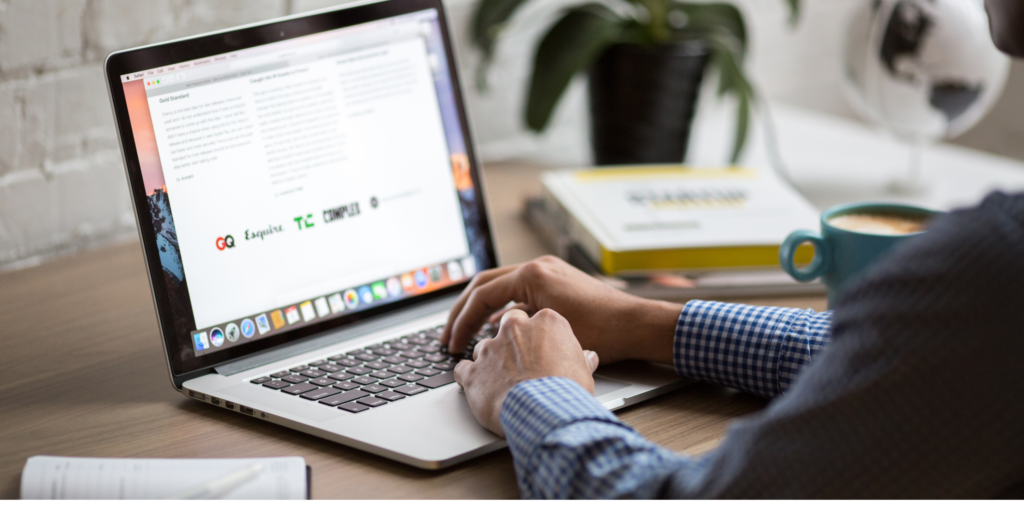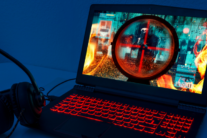Due to technological advancements, the laptop has become the world’s most extensively used device. Laptops are utilised for a wide range of tasks, including business administration, education, ordinary home use, gaming, web browsing, and personal multimedia. Everything these days is done online which is quite advantageous for many people to be able to work from home. A laptop also contains a lot of personal information about the user because people openly exchange and keep all personal data on the device. Laptop viruses can cause your computer to malfunction or allow thieves to steal your data and personal information, as well as your money. If you don’t have appropriate virus protection, your laptop could be easily infected with viruses and malware. And if these vital records are accidentally released or corrupted by spyware or viruses, it may spell disaster.
So now the issue is, how can you protect your laptop from viruses and hackers?
First and foremost, make sure your laptop is up to date. Anything that improves the security of your laptop should be embraced. Because it is common for people to ignore tiny details, which can lead to huge problems. Let’s take a closer look at password security now. Hackers don’t always necessitate coding knowledge. To gain access to your laptop, they merely need to enter your password. As a result, the first step is to construct an exceedingly difficult-to-guess password.
Here are some tips for making your password more secure:
Activate two-step verification
You may log in using this method by receiving codes via your cell number and email. As a result, activating this option will alert you if someone is attempting to get access to your laptop or personal information.
Use an app for authentication
An authentication app may accomplish the same thing, except, in this case, all you have to do is verify. You don’t have to input codes all the time, and you don’t have to be concerned about receiving codes by email. Simply download and connect your app to your laptop, then complete the authentication process to have access. Let’s speak about data encryption now.
You can take your laptop security to the next level with just a few simple actions. Here’s how it’s done:
- Add an HTTPS extension to your browser. HTTPS stands for secure hypertext transfer protocol. It’s essentially an encrypted connection that allows you to operate your browser safely. It prevents you from accessing non-HTTPS websites. So, by utilizing an extension, you may browse the web safely.
- Update your antivirus software to provide the greatest protection for your laptop because operating systems currently have top-level security. You get security updates with every system upgrade. It will prevent complex hacking techniques from being used on the laptop. Additionally, upgrades might improve the effectiveness of malware scanning on your device.
- Update your apps in addition to the operating system.
- The most essential thing is to keep the firewall turned on. Always keep it in mind because it is the safest method to browse.
There are many more options too, they are:
- Install VPN connections and anti-malware and anti-spyware software. Of course, it will cost you money, but it may be the greatest method to protect your valuable equipment and data.
- Use a variety of methods to connect your laptop to encrypted wifi in a safe manner.
- Installing software from untrusted sources should be avoided. Install or download the required software from the system store or the vendor’s website. Because downloading from untrustworthy websites can lead to the spread of malware and viruses. As a result, it’s preferable to be safe than sorry.
- Focus on where you click and who you reveal your data whether reading email, perusing sites, remarking via web-based media, or shopping. Deceitful sites or information hoodlums may attempt to convince you to give them your own data.
- Realizing what is happening in your framework is one more technique to protect your laptop’s Windows operating system. If it’s not too much trouble, ensure that all security notices are turned on and that you focus on them. These can be turned on in the user account settings.
- Such warnings help Windows users in monitoring occasions that impact the security of Windows frameworks and shielding their laptops from hackers.
Takeaway
You’ve learned how to keep your laptop safe from viruses and hackers. Simply check to see if your laptop is up to date. Take careful note of everything you can about security and take the necessary precautions as mentioned above.



Post a comment